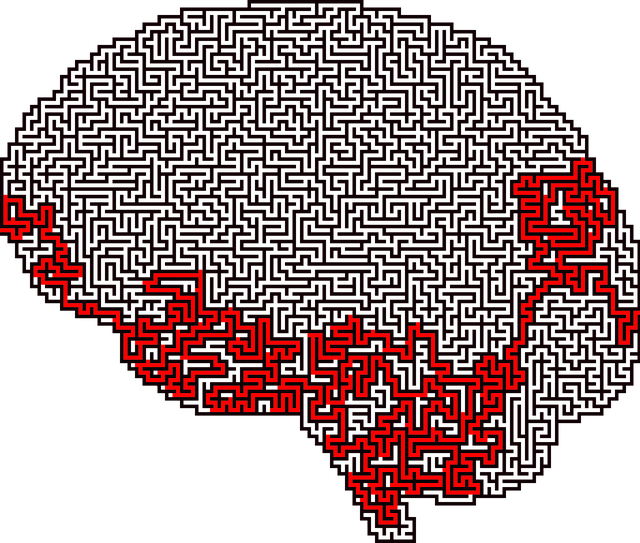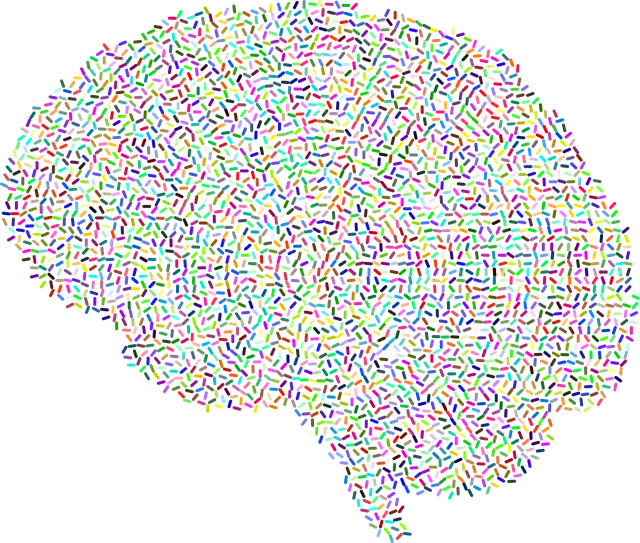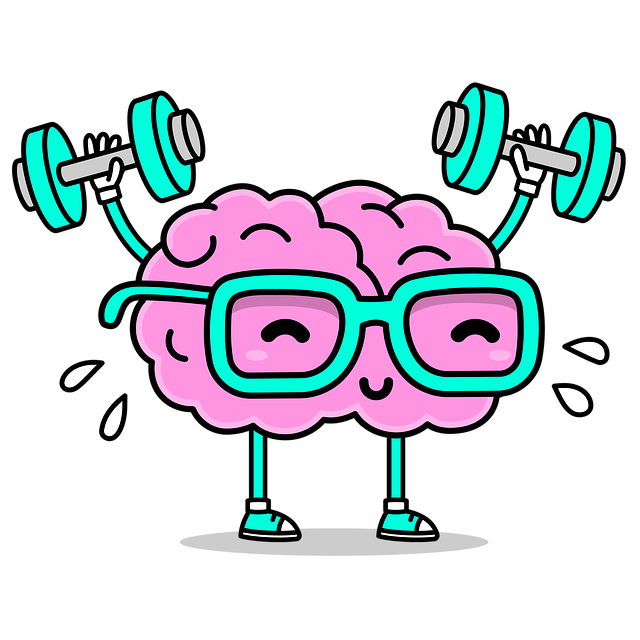Divorce profoundly impacts adolescents, necessitating specialized Therapy for Adolescent Teens Divorce. This period often involves emotional turmoil, loss, and confusion leading to behavioral, academic, or social issues. Effective mental wellness coaching should offer crisis intervention, build resilience, self-esteem, communication skills, and expand access to support systems. Integrating evidence-based therapies like CBT empowers teens with coping strategies for emotional regulation. Personalized curricula tailored to age groups and life stages, along with cultural sensitivity and public awareness, enhance program success. Continuous evaluation tracks well-being, behavioral changes, and social skills development, allowing coaches to adapt strategies for individual needs.
Mental wellness coaching programs are gaining traction as effective tools for supporting adolescent teens post-divorce. This article delves into the nuanced development of such programs, addressing unique needs and integrating evidence-based therapies. We explore how customized curricula can be designed to cater to different ages and stages, while continuous evaluation ensures success and fosters resilience. By combining therapy with coaching, these programs offer a comprehensive approach to helping teens navigate the challenges of divorce.
- Understanding the Unique Needs of Adolescent Teens Post-Divorce
- Integrating Evidence-Based Therapies into Coaching Programs
- Designing Customized Coaching Curricula for Different Ages and Stages
- Measuring Success and Promoting Resilience through Continuous Evaluation
Understanding the Unique Needs of Adolescent Teens Post-Divorce

Divorce can significantly impact adolescent teens, each with their unique needs and coping mechanisms. This transitional period often presents a crisis that requires specialized therapy for adolescent teens divorce. Beyond the emotional turmoil, teens might struggle with feelings of loss, confusion, and a disrupted sense of identity. They may also exhibit behavioral changes, academic decline, or social withdrawal, all of which warrant attentive mental health awareness.
The development of mental wellness coaching programs should consider these nuanced challenges. Crisis intervention guidance tailored for this demographic can help them navigate the aftermath of divorce. By incorporating strategies that foster resilience, self-esteem, and effective communication, these programs can make a significant difference in the lives of adolescent teens. Additionally, community outreach program implementation can broaden access to support systems, ensuring no teen feels isolated in their experience.
Integrating Evidence-Based Therapies into Coaching Programs

Integrating evidence-based therapies into coaching programs is a strategic move to address the holistic needs of clients, especially adolescent teens navigating life’s challenges. Therapies such as Cognitive Behavioral Therapy (CBT) have proven effective in managing anxiety and depression, skills that are invaluable for mental wellness. By incorporating these therapeutic approaches, coaches can provide targeted support for issues like divorce or other traumatic events, fostering emotional regulation and resilience in their young clients.
This integration goes beyond traditional coaching methods, aiming to prevent and manage mental health concerns proactively. The focus is on empowering teens with coping strategies and self-care techniques, ensuring they have the tools to navigate life’s stressors and maintain good emotional health. A well-rounded program that blends therapy and coaching can significantly contribute to the production of a Mental Wellness Podcast Series, offering valuable insights into teen mental wellness, while also catering to a diverse audience seeking practical guidance for improving their emotional regulation and overall mental wellness.
Designing Customized Coaching Curricula for Different Ages and Stages

Designing personalized coaching curricula is a nuanced aspect of mental wellness programs, particularly when catering to diverse age groups and life stages. For instance, therapy for adolescent teens significantly differs from supporting adults navigating divorce or midlife transitions. Coaches must adapt their approach, ensuring activities and strategies resonate with each demographic. Customization can involve incorporating age-appropriate exercises, like creative writing for teens expressing emotions or mindfulness practices for older adults dealing with loss.
This tailored method considers individual needs, cultural backgrounds, and unique challenges. Incorporating Cultural Sensitivity in Mental Healthcare Practice ensures inclusivity, allowing participants to feel understood and respected. Additionally, Public Awareness Campaigns Development can educate various age groups on mental health, fostering early intervention and improved stress management skills across the lifespan.
Measuring Success and Promoting Resilience through Continuous Evaluation

In the realm of mental wellness coaching for adolescent teens post divorce, continuous evaluation serves as a compass guiding the program’s success and resilience. This involves regularly assessing progress through diverse metrics like self-reported well-being, behavioral changes, and improvements in social skills training. By integrating feedback from both clients and therapists, coaches can identify what works best and adjust strategies accordingly. For instance, tracking the adoption of healthy self-care practices alongside conflict resolution techniques allows for a holistic understanding of each teen’s unique journey.
Such ongoing evaluation not only ensures the program remains effective but also fosters adaptability to individual needs. Recognizing resilience as an evolving process, coaches can celebrate small victories and encourage continued growth. This tailored approach, supported by data-driven insights, enhances the overall therapeutic experience, making it more impactful for adolescent teens navigating the complexities of divorce.
Mental wellness coaching programs tailored for adolescent teens post-divorce can significantly enhance their resilience and overall well-being. By integrating evidence-based therapies, customizing curricula based on age and developmental stages, and continually evaluating success through robust measurement tools, these programs offer a promising approach to addressing the unique needs of this demographic. Such initiatives not only support teens in navigating the challenges of divorce but also empower them with coping strategies that promote long-term mental health and personal growth.














